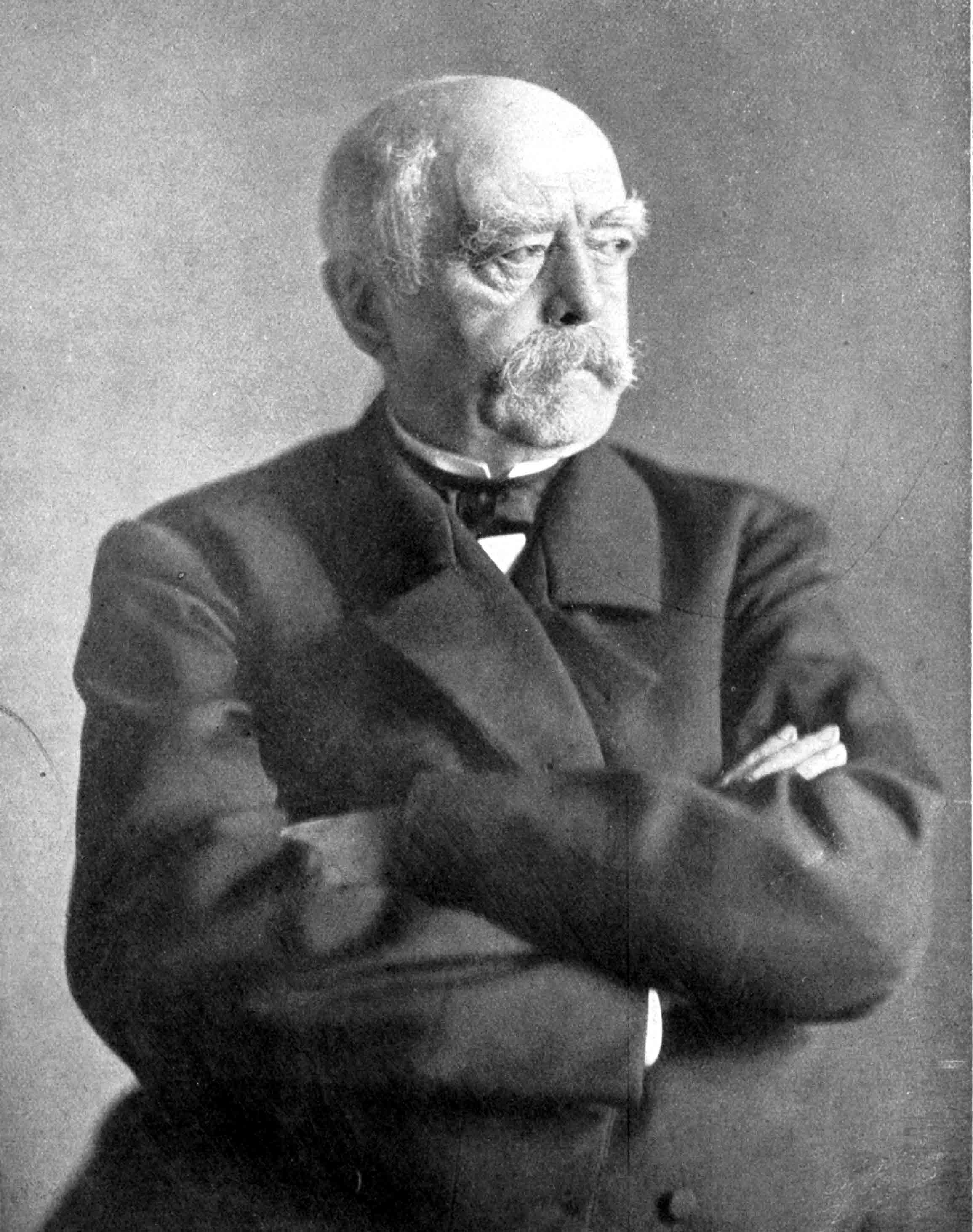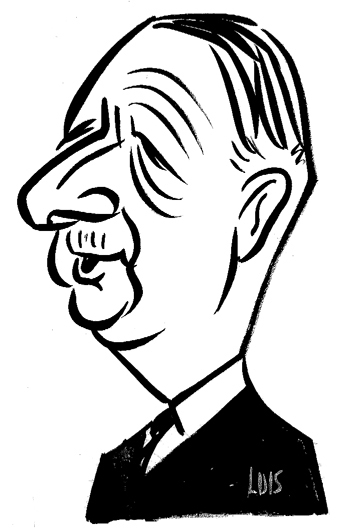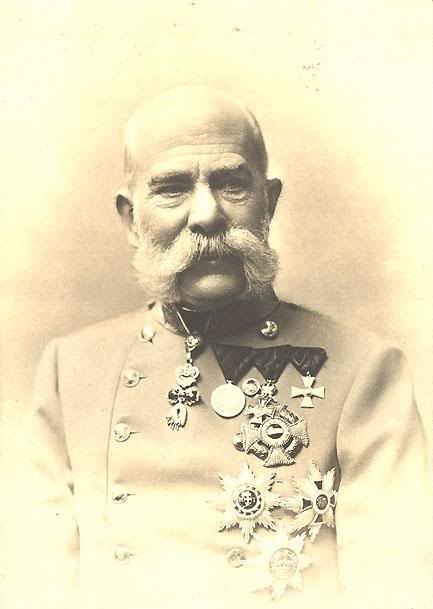








Course Objectives
The purpose of Europe and the Modern World is to create an understanding of the broad course of Western history and the working acquaintance with the past which every citizen, certainly every educated person, ought to possess. We live in an age increasingly given to regarding the past as irrelevant, or worse, nonexistent. Yet in practical application the terms of this proposition are contradictory: how does one know the past is irrelevant if one does not first study it? Arrive at your own position on this question after you discover what is being discussed and what is at issue. In any case, be assured that you will encounter constant allusions to the past in the normal discourse of educated people. It is worth noting here that while we will be looking at the "great" events of the Europe's history in the context of the modern world and the great cultural creations of this dynamic civilization, we will also examine how normal people have lived, sometimes quite oblivious to contemporary great events, cultural achievements, and the like.
 Readings
Readings
ISBN: 0674766911 (any edition will do)
Tec. Dry Tears. Paperback. Publisher: Oxford University Press; Reprint edition (November 1984)
ISBN: 0195035003
Dickens. Hard
Times. Paperback. Publisher:
Bantam Classic and Loveswept; Reissue edition (January 1991)
ISBN: 0553210165 (This edition is recommended for this one, but
you can get back with a different edition of the full novel.)
Please acquire these books as early in the semester as possible. You will need them for reading on your own and to bring to class during discussions of them. Much of the course reading will be online.
 How We Will Go About This
How We Will Go About This| Midterm Exam |
25% |
| Final Exam |
35% |
| Reading Quiz Average | 25% |
| 3 Map Quizzes @
5% |
15% |
Course Grade 100%
In this course, 93 or higher is an A; 90-92.9 is an A-;
87-89.9 is a B +; 83-86.9 is a B; etc.
 Attendance, Late Assignments, and Academic Integrity
Attendance, Late Assignments, and Academic Integrity This course will follow the policies
on academic integrity laid out in the Environment and
other official college publications. Please read these
guidelines carefully; we will follow them strictly. All
violations will be turned in, with appropriate evidence, to the
Vice-President for Academic Affairs. Academic honesty is
absolutely essential. This means: no cheating, which
includes plagiarism. The College has created a good new webpage on
Academic Integrity here:
https://intranet.austincollege.edu/academic/faculty/academic-integrity/
You can also visit the excellent website of Plagiarism.org
https://plagiarism.org/
Ground Rules for Class
1. What to call me when you are talking to me or emailing,
etc. Students at AC tend to call me Dr. Tooley (that implies
that I have a Ph.D., which I do). You could also call me
“Professor Tooley,” since I am that too. In recent times, some
students have called me “Tooley”—DO NOT call me that. Please save
this use of last name only for other students, your pals, or for
the kids on the little league team you are coaching. (I would
follow this advice with your other professors too. Or ask them
what they prefer to be called.)
2. Cell Phones. Please put your cell phone on the window ledge
before class starts You can retrieve it at the end of class.
3. Class time. I try to start right on time, and usually
with a reading quiz. Please arrive on time. I to end classes
exactly on time. Talking to the professor from a previous class is
not an excuse. If you miss the reading quiz because you did not
arrive in time to take it, you will not get credit for that quiz.
And in college in general, you need to sit through the class
without coming and going, even if you are accustomed to coming and
going casually to your high school classes, etc.
4. All tests and quizzes must be written in pen, not pencil. Most
quizzes will be written on a sheet of paper, so be sure to have
one available when you arrive at each class.
5. Come to class armed with a notebook or paper and a pen or
pencil. At this level of education, there is no way you can digest
and remember the class material if you don’t take notes. If you
have trouble with this ground rule, please come to me and talk
about how you can make this happen.
6. Computers and tablets. Unless you have a College accommodation
to use a computer to take notes in class, I would recommend taking
notes by hand. Research has shown pretty conclusively that
handwriting your notes provides many benefits. Ask me about these
benefits if you like. The next best thing would be a tablet and a
good note-taking application. But unless you have an accommodation
from the College, please write your notes by hand. (If you have
never mastered cursive, please consider learning it—it is much
easier and faster for notes and tests.)
7. For those of you who are permitted to use a laptop for notes,
please sit in the first or second row of the class. I will check
periodically to make sure your computer has not distracted you
from our primary purpose.
6. Questions and comments in discussion. Please raise your hand to
speak. And when you do, please project. My hearing is not what it
used to be. Please don’t hesitate to ask a question. In
particular, questions of clarification may be very helpful to
other students. But raise your hand to get my attention
first.
7. Please do your best to go to the restroom if needed
before class. If you must go during class, quietly leave and come
back as quickly and quietly as possible.
8. If you begin to feel sick, just leave quietly. And
contact me via email later to make sure I know the reason for your
departure.
Blank Map of Europe for the Quizzes
Exam
and Paper Evaluation Sheet
or this
same sheet in pdf form